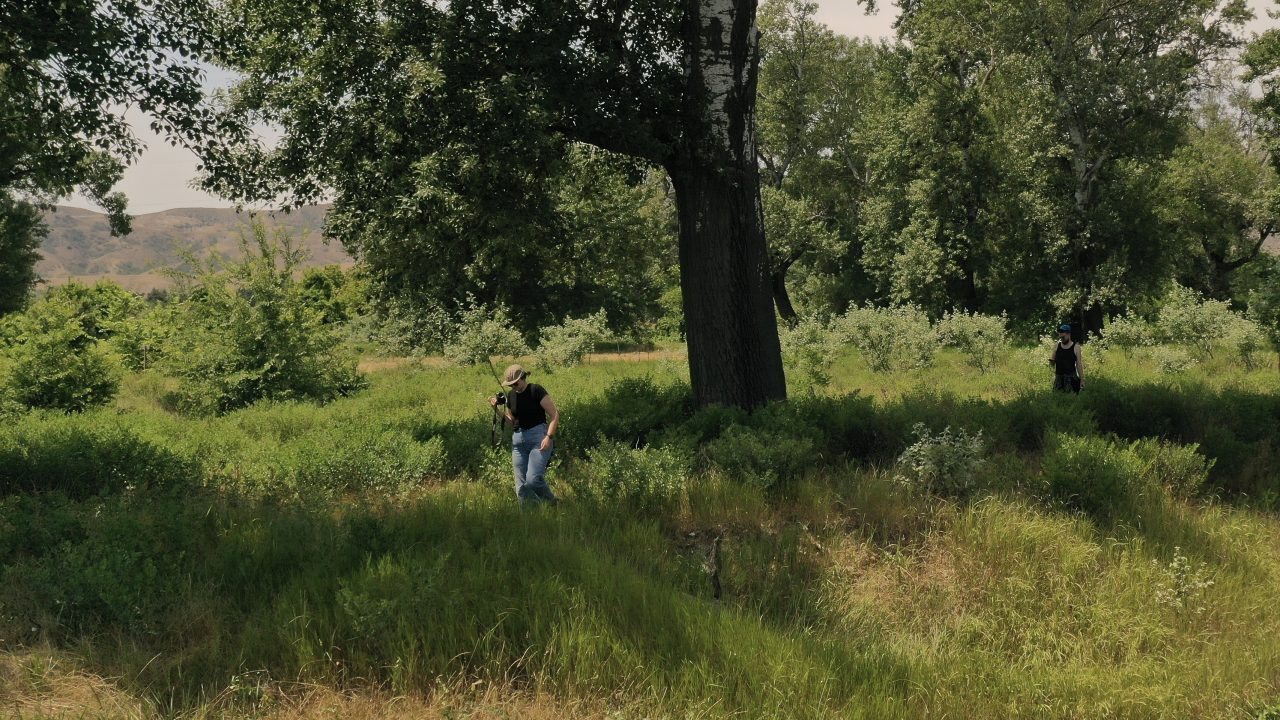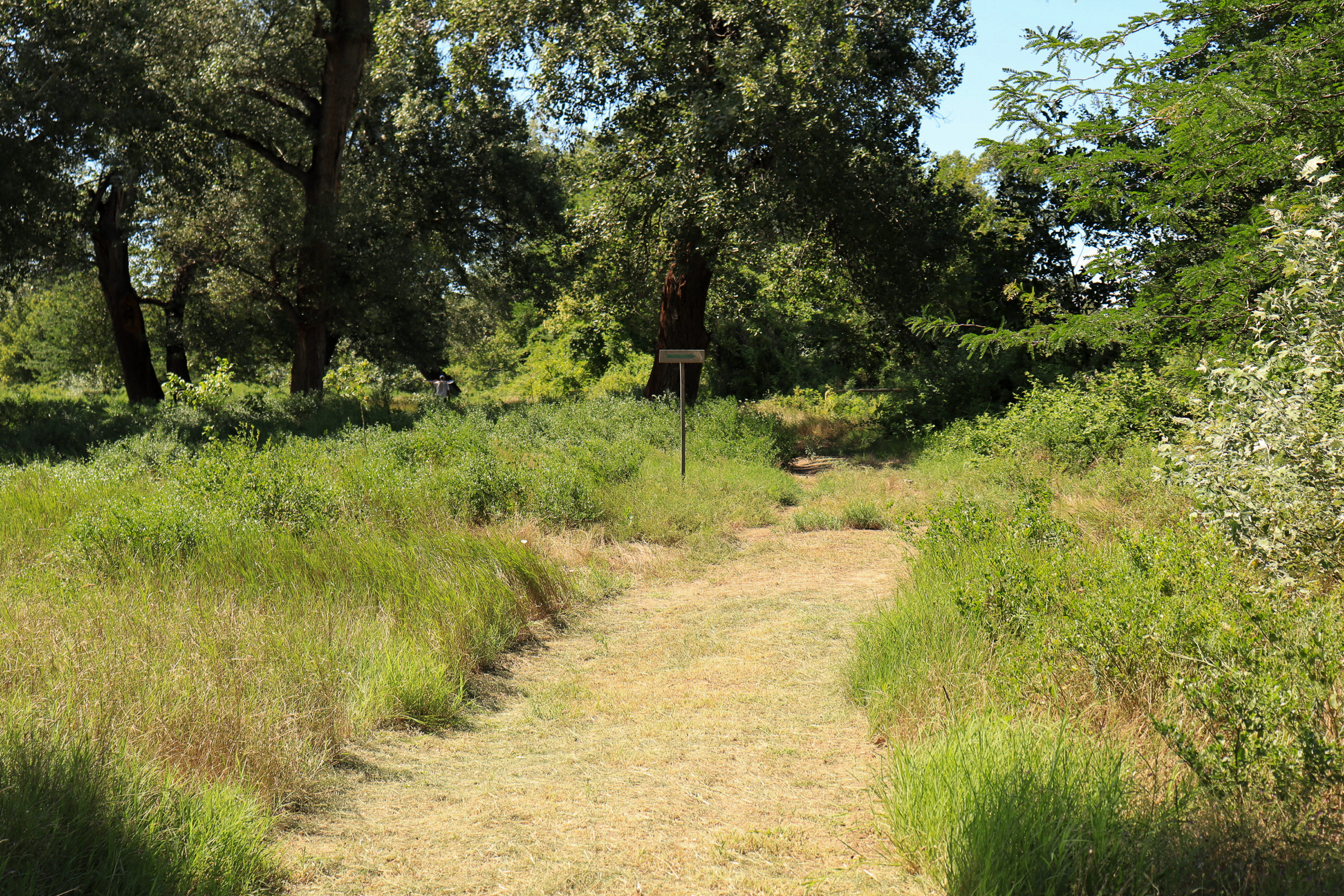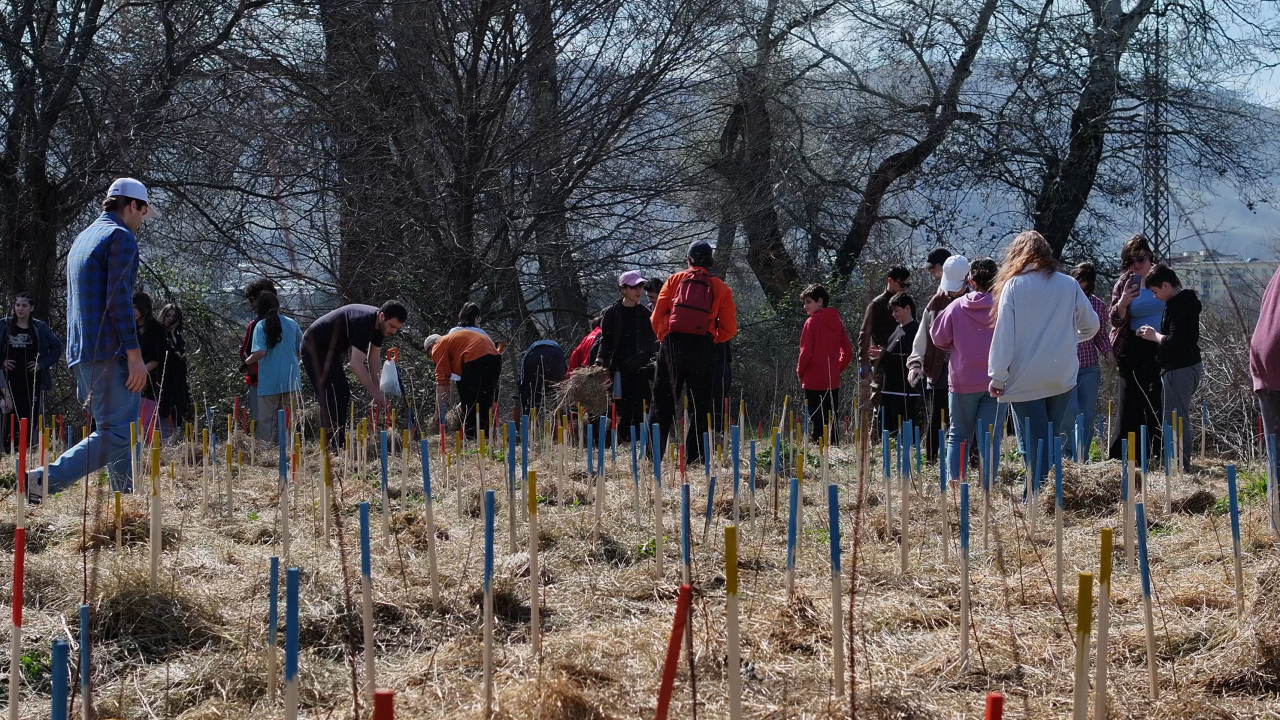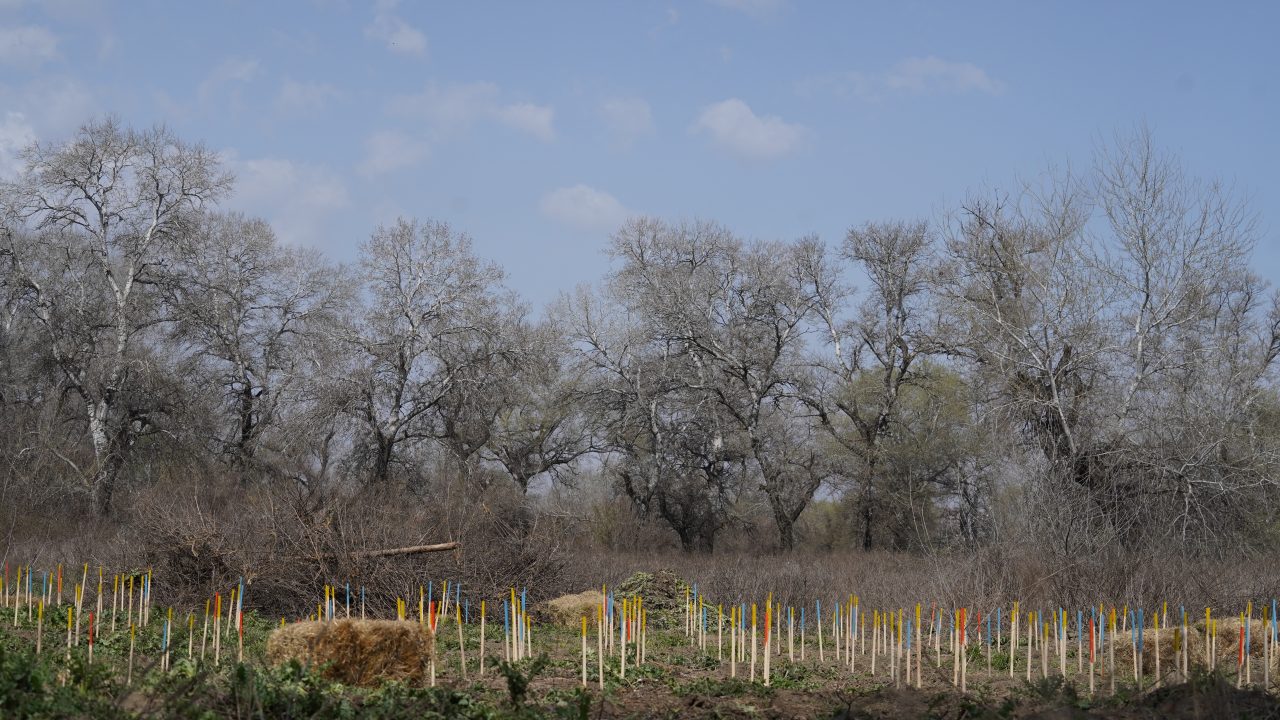APLA Alumna Named Fulbright Award Winner

Maggie Brand, a two-time graduate of Auburn’s School of Architecture, Planning and Landscape Architecture (APLA), will soon head for the nation of Georgia after being named the recipient of a prestigious Fulbright U.S. Student Award for 2024–2025.
Brand completed APLA’s Environmental Design program in 2021 and recently earned her Master of Landscape Architecture.
The Fulbright Awards are a program of the U.S. Department of State, with funding provided by the U.S. government. Participating governments and host institutions, corporations and foundations around the world also provide direct and indirect support to the program, which has operated in over 160 countries worldwide.
More than 2,000 Fulbright grantees—recent college graduates, graduate students and early career professionals from all backgrounds—pursue graduate study, conduct research or teach English in schools abroad each year. Since 1946, the Fulbright Program has provided more than 400,000 talented and accomplished students and professionals of all backgrounds with the opportunity to study, teach and conduct research abroad.
During their grants, Fulbright recipients meet, work, live with and learn from the people of the host country. The program facilitates cultural exchange through direct interaction on an individual basis in the classroom, field, home and in routine tasks, allowing the grantee to gain a better appreciation of other cultures.
Brand will pursue her award work in Georgia, once part of the former Soviet Union. There she will collaborate with a coalition of environmental and public space activists and educators in the city of Rustavi, who are working to ecologically restore the city’s Mtkvari River floodplain and develop new public spaces in the previously neglected area.
“I was given the opportunity to spend last summer in Georgia,” Brand explained, “as an intern at Ruderal, a landscape architecture firm. Assistant Professor Sarah Coleman connected me with the founding principal of the company.”
Once there, she worked closely with NAPIRZE (On the Banks), a Rustavi-based organization that has been instrumental in promoting the social and ecological value of the floodplain.

“After that summer, I returned to Auburn for my last year of graduate study and continued work on the project through an independent study course. I was able to begin compiling a book about the floodplain’s critical role in the creation of Rustavi as a city as well as its potential to connect community members to each other and the incredible landscape they live in.”
Brand explained that the Mtkvari floodplain was once a vital component of city life, providing water to Rustavi’s industry and greenery for its boulevards and parks. But in the difficult economic times following the collapse of the Soviet Union in the 1990s, much of the area was deforested or otherwise exploited, to the extent that it came to be considered a wasteland. The goal of NAPIRZE is to restore the floodplain to its previous importance in the life of the city.
Among the projects Brand has collaborated in so far are the establishment of a network of walking trails for the city as well as the planting of a 500-tree Miyawaki forest. The Miyawaki method is a reforestation technique for cultivating fast-growing groves of native plants, with dense, mixed planting intended to replicate the layers of a natural forest. The method stimulates rapid growth as the plants compete for sunlight.


Brand said the projects completed so far have been very well received by the community and she is looking forward to continuing the work thanks to the Fulbright Award.
“So many people have supported the efforts of the NAPIRZE team, including Rustavi’s mayor, municipality maintenance crews, local youth groups and other volunteers. Establishing the paths, as well as planting the forest, are just a couple of the many amazing projects I’ve been a part of in the last year working with the team.”
Related people:
Sarah Coleman